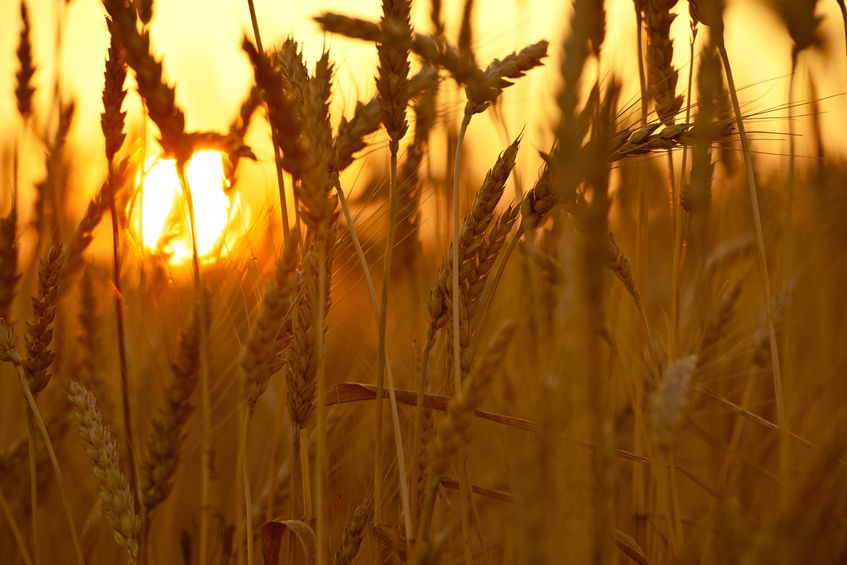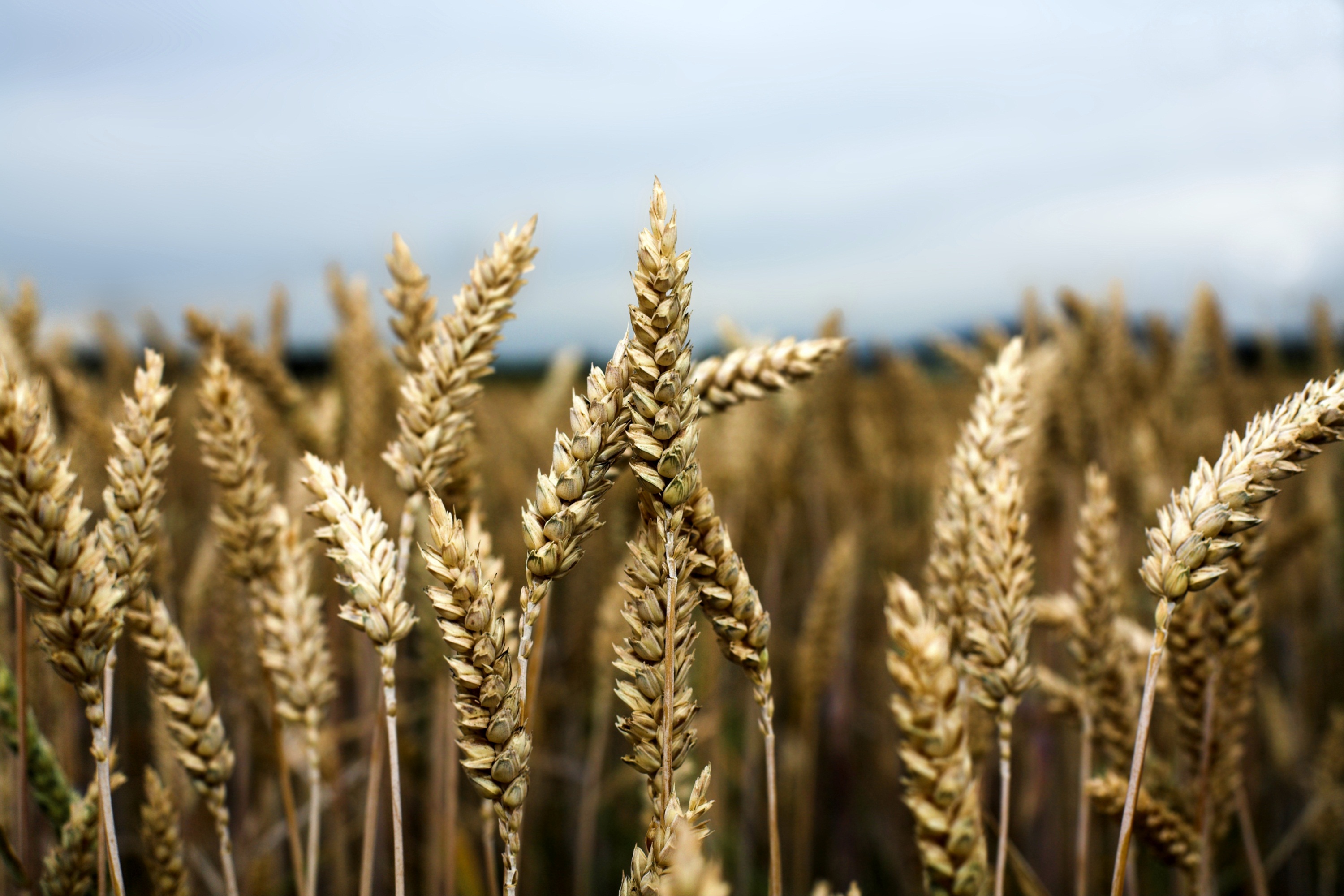
Scientists believe some of humanity's crucial food sources could be in danger of extinction as a result of climate change.
The research, published this week in the journal Biology Letters, looked at the family of plants that includes wheat, maize, sorghum and rice - some of the planet’s most widely grown staple crops - and grassland, one of the planet’s most widespread habitats.
As part of their research, scientists looked ahead to 2070. They found that global warming was occurring thousands of times faster than the ability of edible grasses to adapt to the changes in the environment.
The researchers warn that “Climate change may soon threaten much of global biodiversity, especially if species cannot adapt to changing climatic conditions quickly enough.”

While the research cannot predict what exactly might happen to world food supplies five decades from now, the authors warn of “troubling implications”.
And as part of the new research, scientists looked at 236 grass species and studied their ability to adapt to new climatic niches – the local environments on which they depend for survival.
In order to survive in the face of rapid climate change, two things would need to occur – either the crops move to another region where conditions are more suitable, or they evolve to fit in with their altered surroundings.
Commenting on the research on Wednesday, Andrew Challinor, Professor of Climate Impacts at the University of Leeds, said: "These results are indeed troubling.
"As the authors say, they do not predict what will happen to our food supply as climate changes.
"However, other research is already beginning to show how climate change is outpacing our ability to adapt food production. In some areas urgent action is required.
“Today’s global assessment is a wake-up call to redouble efforts to work out when and where major problems are expected.”
